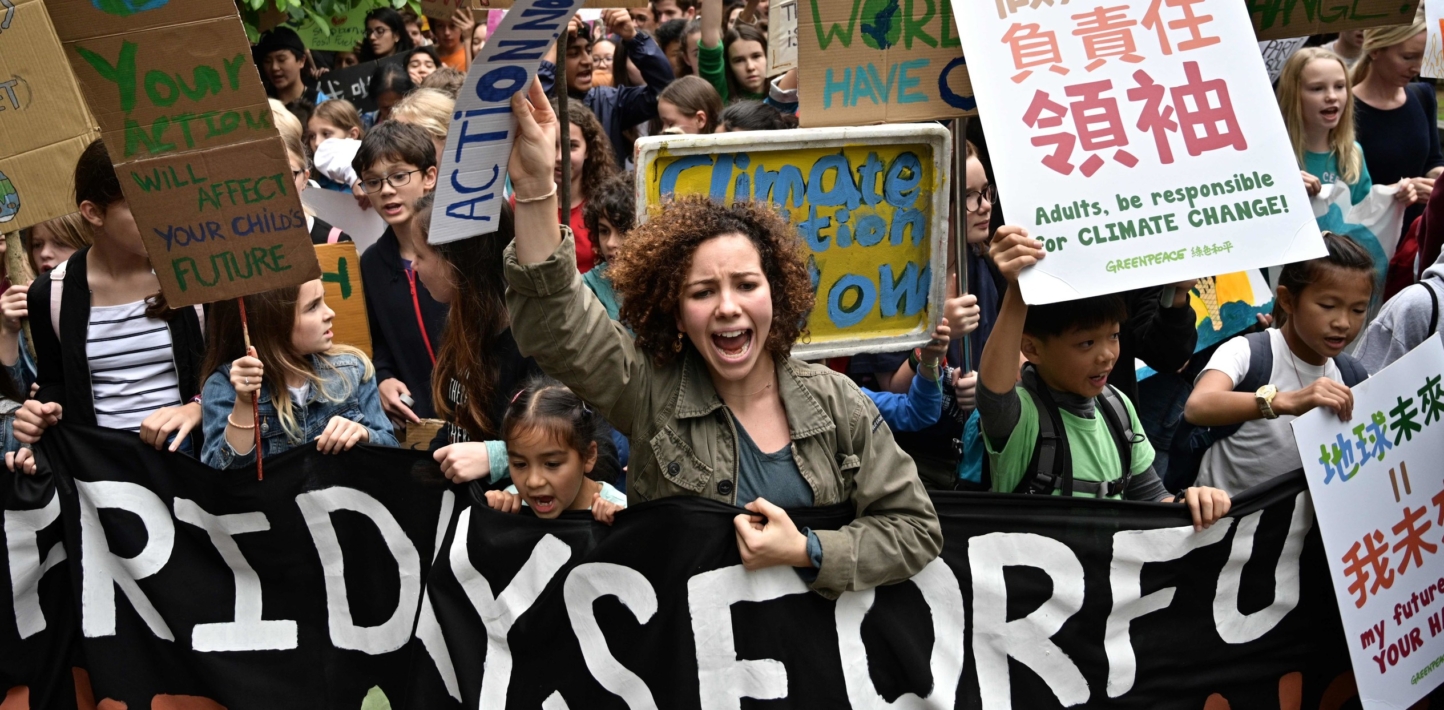2023 marks the 75th anniversary of the Universal Declaration of Human Rights (UDHR). Born from the ashes of World War II under the shadow of the very worst of humanity, the UDHR held out the promise of a global framework for justice and the recognition of ‘equal and inalienable rights’ for all.
Some question the legitimacy of the UDHR. After all, it was drafted by a minority of States at a time when many of the world’s population lived under colonialism. We cannot ignore this shortcoming, any more than we should neglect the critique that the modern human rights regime is a Western liberal project favouring civil and political rights over economic, social and cultural rights.
But while the UDHR was undoubtedly a victor’s project, its drafting ultimately could not be controlled by the powerful alone. Smaller nations outmaneuvered the large, ensuring that the final text promised human rights for all without “distinction”. The Egyptian delegate confirmed the “universality” of human rights and their applicability to persons subject to colonial rule or occupation. Women delegates from India, Brazil and the Dominican Republic ensured that equal rights of men and women were affirmed.
We should celebrate the UDHR […] because of all those who have disrupted history with it.
And, once in play, the UDHR took on a disruptive life of its own, feeding anti-colonial initiatives the world over and inspiring regional human rights instruments in Europe, the Americas and Africa.
The power of the UDHR ideals unleashed a force far beyond the control of those nations that had participated in its drafting. It did so because its roots ran far deeper, far wider than Paris, where it was adopted in 1948 by the General Assembly of the United Nations. From Mesopotamia to Ancient Egypt, from the Persian to the Mauryan empires, in all religious traditions, in written texts or oral traditions, in ancient, pre-modern and modern eras – human history abounds with instances of people coming together to limit the use of power and assert their rights.
Let’s get the history of the UDHR right. Not by whitewashing it or by ignoring the raging double standards of its implementation. But by paying homage: to those who used its extraordinary disruptive power during struggles for liberation and equality the world over; to those who made the UDHR real and authentic, in their struggle against colonialism and for independence; against bigotry and for equality; against patriarchy and for gender justice; for a world of greater dignity for ‘all members of the human family’.
The UDHR legacy challenges us to go on the offensive.
That is what the UDHR offers to us: both confidence and inspiration. It is living proof that a global vision for human rights is possible, is doable, can be realised.
That is why we should celebrate the UDHR; why we don’t capitulate to critiques of human rights; not because of who wrote it into history, but because of all those who have disrupted history with it.
On this 75th anniversary, while the world grapples with record levels of conflict, socio-political polarization, growing inequality, and the existential threat of the climate crisis, dare we re-imagine ourselves as delivering a 2048 UDHR – a UDHR for the next century of rights – a UDHR drafted by the many, not by a privileged few?
We must build bold, visionary leadership, institutions and systems – that can protect our planet, for future generations, and from all that torments us.
Are we ready to be that 2048 generation? The successor to those who, out of the ashes of a war-torn world, transformed history through the disruptive power of the UDHR? Or will we instead be the generation that turned a blind eye to the oppression of others so long as our own power and influence was maintained?
The UDHR legacy challenges us to go on the offensive. It demands that we resist the globalised, transnational and localised attacks against rights. But it also tells us this won’t be enough. It asks of us too that we disrupt the building of world orders that reproduce historical privileges and injustices, violate rights and silence defenders; and that we transform global governance by re-imagining, innovating, leading.
We can, we must – build bold, visionary leadership, institutions and systems – that can protect our planet, for future generations, and from all that torments us.
Join us and together, let’s become this generation 2048 that brings to life a future where human rights are enjoyed by all, everywhere.
Let’s become generation 2048
Bring to life a future where human rights are enjoyed by all, everywhere.


